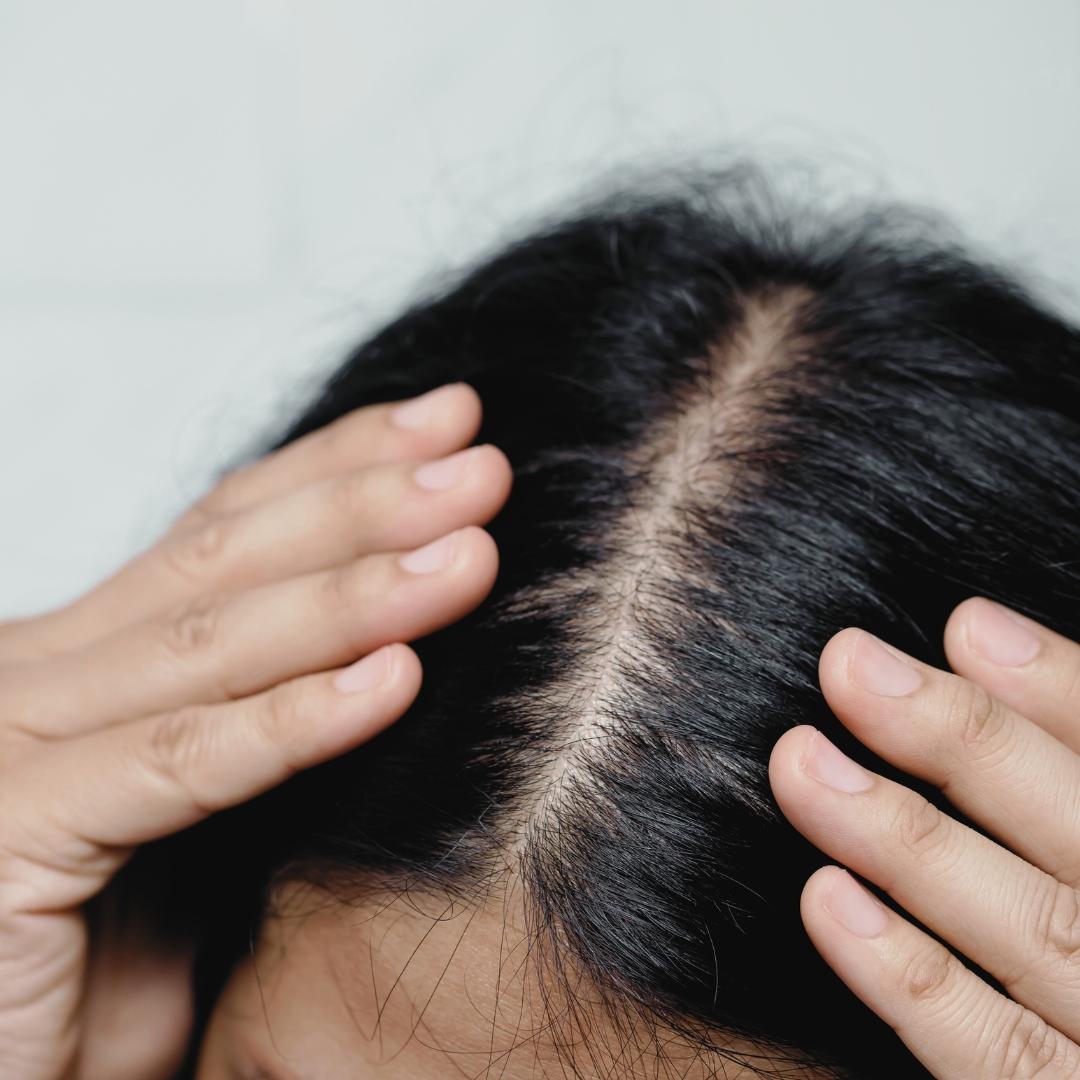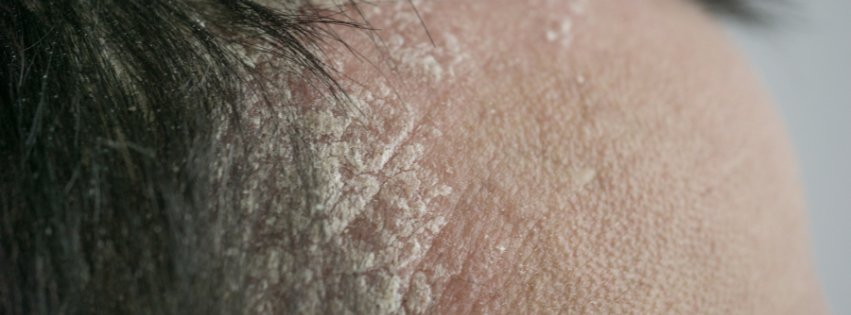
When you think of the microbiome, your gut probably comes to mind first. But your scalp has its own thriving community of bacteria, fungi, and microbes — the scalp microbiome. And just like in your gut, balance here matters.
An unhealthy scalp microbiome can show up as dandruff, itching, flaking, oily buildup, or even hair thinning. But here’s the Functional Medicine perspective: these aren’t just cosmetic concerns. They’re clues from your body that something deeper may be out of balance.
What Exactly Is the Scalp Microbiome?
Your scalp is a unique environment — warm, slightly oily, and constantly renewing skin cells. This makes it the perfect place for microbes like Cutibacterium, Staphylococcus, and the fungus Malassezia.
When these organisms are balanced, they:
✔️ Protect your skin barrier
✔️ Reduce inflammation
✔️ Keep oil production regulated
✔️ Support healthy hair follicles
When they’re out of balance, problems begin: dandruff, seborrheic dermatitis, scalp acne, hair shedding, or irritation.
How the Scalp Reflects Whole-Body Health
In Functional Medicine, we see the body as interconnected. Your scalp isn’t just “on the outside” — it’s a reflection of what’s happening inside:
Your scalp is like a barometer for internal balance. If it’s unhappy, it’s time to look deeper.

Functional Medicine–Aligned Tips & Gentle Home Remedies
✨ Tip: If you struggle with scalp irritation + fatigue, have your nutrient levels checked. Often scalp issues are the first outward sign of deficiency.
Balance Your Gut to Balance Your Scalp
Since the gut-skin connection is so strong:
Stress Less for Healthier Hair & Scalp
Choose Gentle Topical Care
Skip harsh, scalp-stripping shampoos. Instead:
Note: If you have persistent flaking or inflammation, check with your Functional Medicine provider — chronic imbalance may need deeper root-cause investigation.
Reduce Your Toxin Exposure
Your scalp absorbs what you put on it. Swap out:
The Bottom Line
Your scalp microbiome isn’t just a hair-care trend. It’s a window into your whole-body health.
By balancing your gut, nourishing your body, lowering stress, and using gentle remedies, you can often see visible changes:
✨ less flaking
✨ calmer scalp
✨ stronger, healthier hair
In Functional Medicine, we don’t just chase symptoms with medicated shampoos — we ask why the imbalance started in the first place and restore harmony from within.
References
 Radiant Health And Wellness
Radiant Health And Wellness
Stay updated on our news and events! Sign up to receive our newsletter.